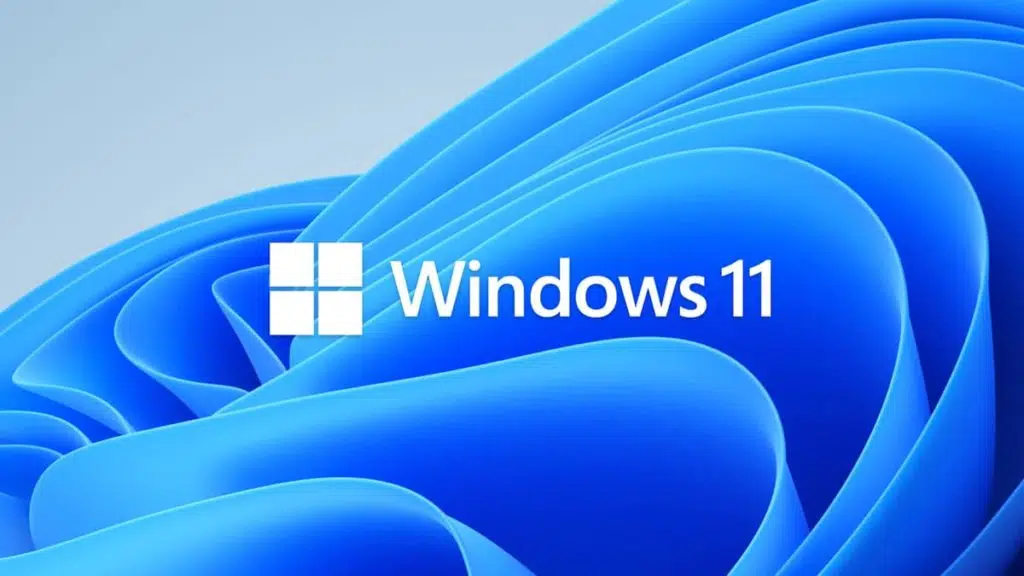Let's go down the new features shall we?
- The new design and sounds are modern, fresh, clean and beautiful, bringing you a sense of calm and ease.
Whenever software companies start talking about fresh reworked UI or aesthetic designs it just makes me want to roll my eyes. I'd prefer it if UI and design just stayed fixed and never changed. By all means, if something winds up improving usability, improve it, but just quit changing the Aesthetics all the time. Just choose one and stick with it. It literally adds no benefit what so ever.
- With Start, we’ve put you and your content at the center. Start utilizes the power of the cloud and Microsoft 365 to show you your recent files no matter what device you were viewing them on.
Do not want. I don't want "cloud" in anything I do or touch.
- Snap Layouts, Snap Groups and Desktops provide an even more powerful way to multitask and optimize your screen real estate.
This might be useful, but we already have snap options in Windows 10, and had them in Windows 7 as well.
- Chat from Microsoft Teams integrated into the taskbar provides a faster way to connect to the people you care about.
Absolutely DO NOT WANT. Teams is a bloated piece of crapware. I do not want it on my machine in any way shape or form. I don't usually use my computer to connect to people, other than by email, and I'd prefer it to stay that way.
- Widgets, a new personalized feed powered by AI, provides a faster way to access the information you care about, and with Microsoft Edge’s world class performance, speed and productivity features you can get more done on the web.
DO NOT WANT. I want absolutely zero AI in any product I use. Any automation needs to be set up manually and statically by me. I want no algorithms trying to guess things about me and getting them wrong, and I don't want my data used for this purpose in any way.
- Windows 11 delivers the best Windows ever for gaming and unlocks the full potential of your system’s hardware with technology like DirectX12 Ultimate, DirectStorage and Auto HDR. With Xbox Game Pass for PC or Ultimate you get access to over 100 high-quality PC games to play on Windows 11 for one low monthly price. (Xbox Game Pass sold separately.)
I do not want anything named "XBOX" on my computer. My machine is a professional workstation, not some childs toy. I will also NEVER sign up for any kind of game pass. I have specific games I like, and I buy only those. I don't want to pay a monthly fee to have access to just a random bunch of games, most of which I'll probably hate.
I do still enjoy the occasional game though, so it remains to be seen if this DX12 Ultimate makes any real difference, or if it is just marketing speak.
- Windows 11 comes with a new Microsoft Store rebuilt with an all-new design making it easier to search and discover your favorite apps, games, shows, and movies in one trusted location. We look forward to continuing our journey to bring Android apps to Windows 11 and the Microsoft Store through our collaboration with Amazon and Intel; this will start with a preview for Windows Insiders over the coming months.
I don't want a Microsoft store. I haven't used the Microsoft store to date, and I don't [picture myself starting now. I also don't understand why anyone would want to run an Android app in windows, unless they are an app developer running some sort of testing.
- Windows 11 is the most inclusively designed version of Windows with new accessibility improvements that were built for and by people with disabilities.
If this helps people who need it, that is great, and I hope it works for them. I've been lucky to not need these features, and I sincerely hope it stays that way.
- Windows 11 unlocks new opportunities for developers and creators. We are opening the Store to allow more developers and independent software vendors (ISVs) to bring their apps to the Store, improving native and web app development with new developer tools, and making it easier for you to refresh the look and feel across all our app designs and experiences.
Pass. What little content creation I do, I can do just fine now (And I do it in Linux, not in Windows, unless you count working in spreadsheets and Word for work and that works just fine as is.)
- Windows 11 is optimized for speed, efficiency and improved experiences with touch, digital pen and voice input.
I like the first half of that sentence. I absolutely HATE the second.
While touch works well on a phone, I don't use touch on a computer, and I never will. It's a dumb idea, and whenever you "optimize for touch" you wind up with god awful UI's with big fat finger buttons and tons of wasted dead space ruining everything. Kindly go **** yourselves with this touch nonsense.
- Windows 11 is the operating system for hybrid work, delivering new experiences that work how you work, are secure by design, and easy and familiar for IT to deploy and manage. Businesses can also test Windows 11 in preview today in Azure Virtual Desktop, or at general availability by experiencing Windows 11 in the new Windows 365.
I've been "hybrid" working just fine to date. All I need is a VPN so I can access the shared drives at work. I don't need nor want any of your bullshit cloud garbage.
I have spoken.


